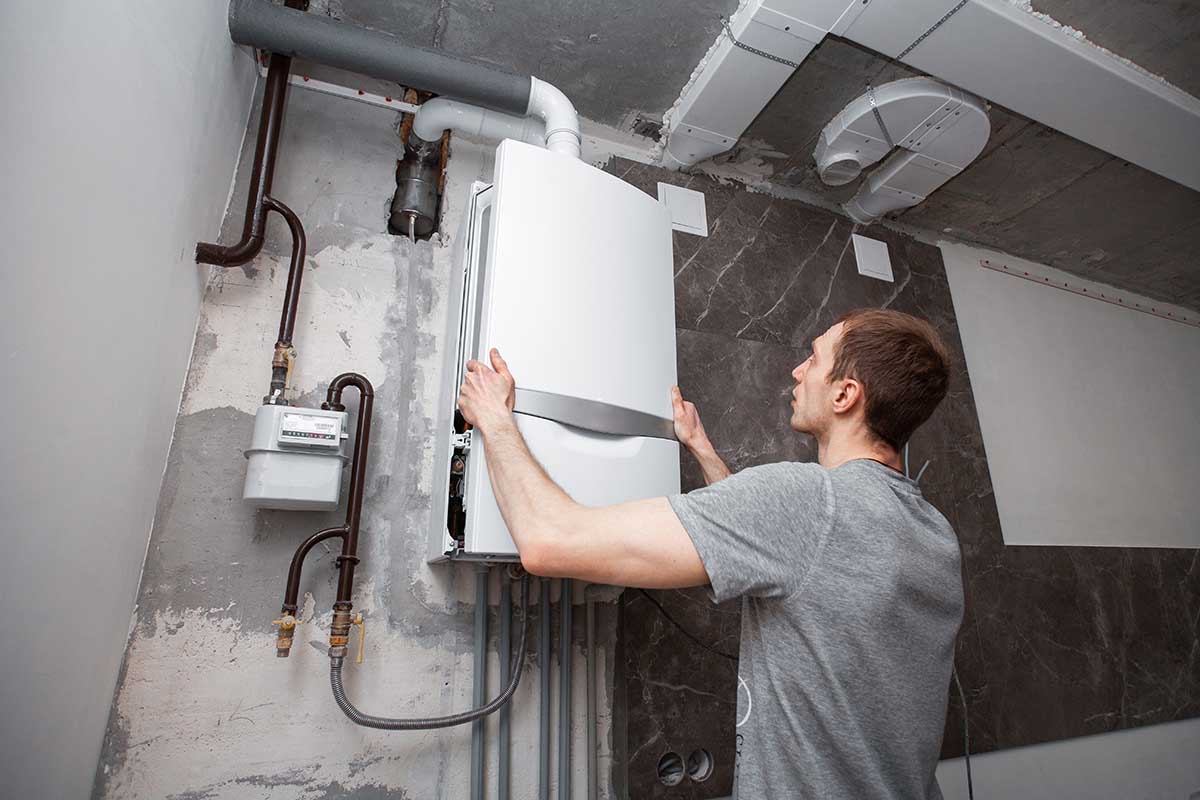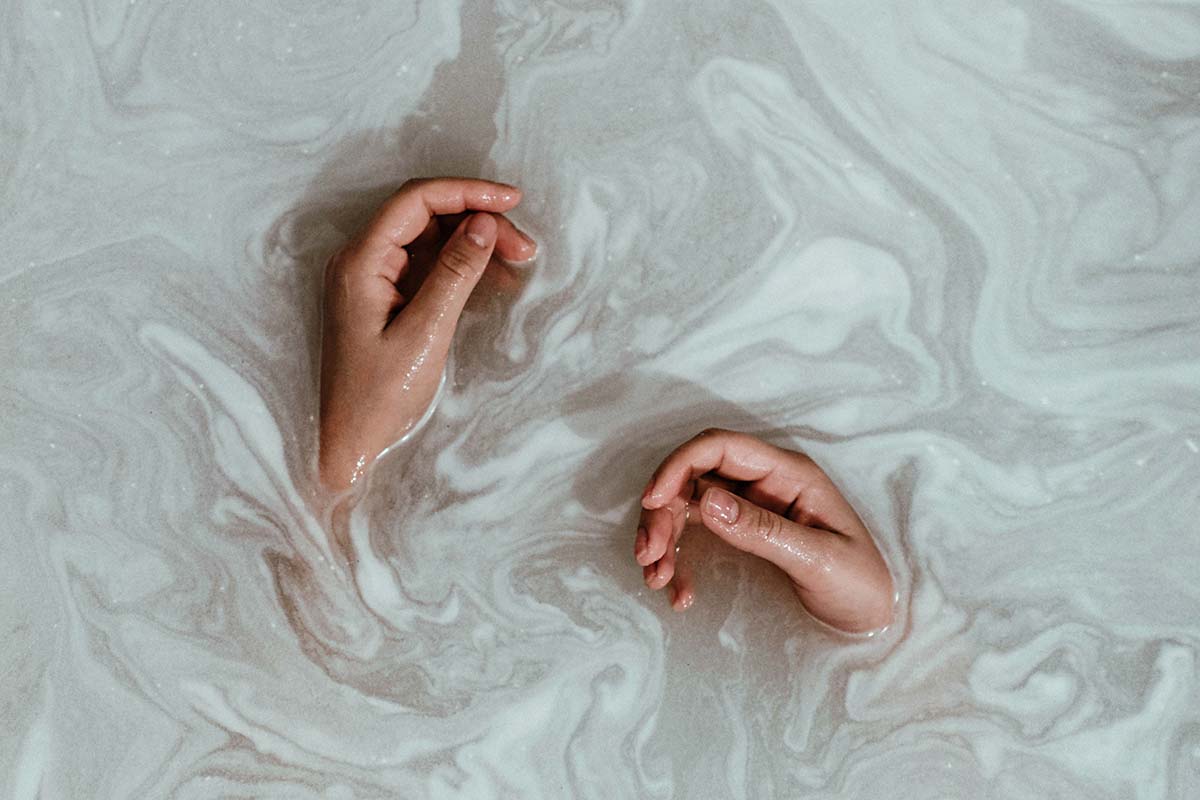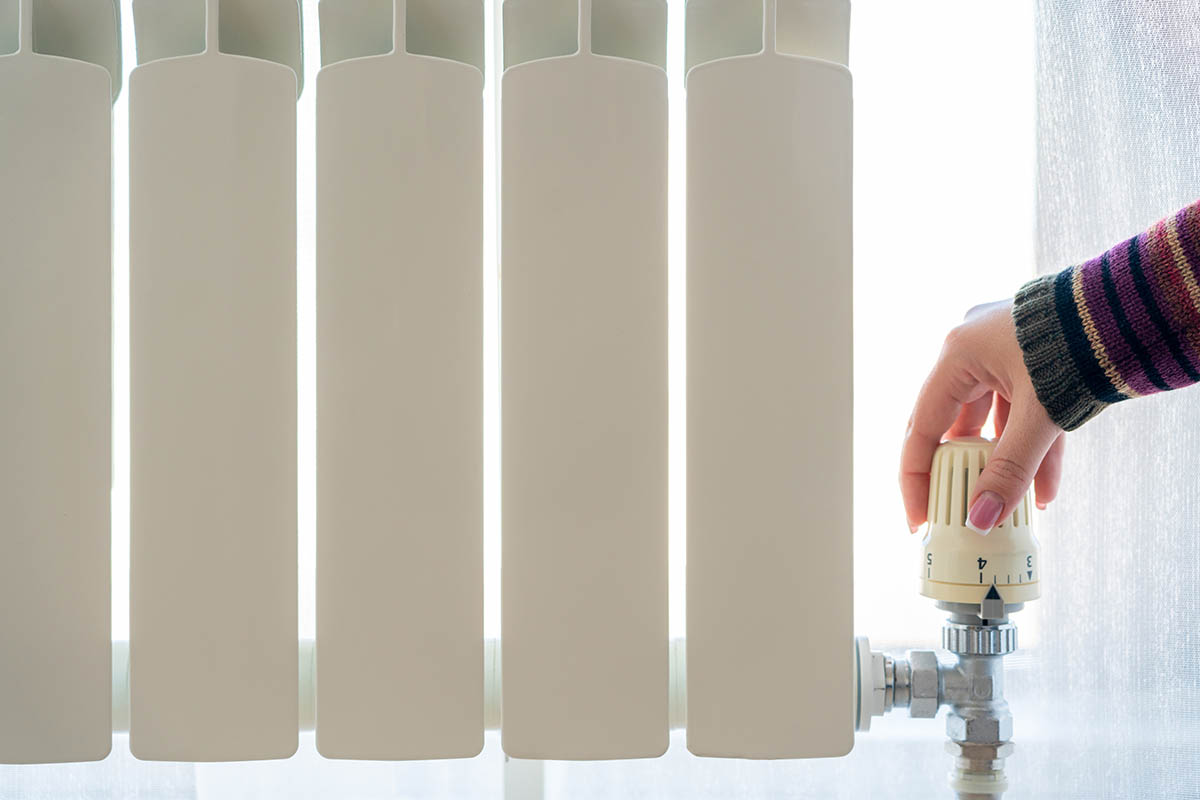Simple Tips to Reduce Hot Water Costs
Water heating accounts for about a quarter of Australia’s domestic energy consumption. Regardless of the type of hot water system installed in your home, heating water, especially for bathroom, laundry, and kitchen use, amounts to a sizeable chunk of your power bill.
Luckily, there are several different ways you could cut hot water costs and save money on your gas or electricity bill. Here are four expert tips from professional plumbers and electricians for doing just that.
Contents
Reduce hot water costs: set the heater at a lower temperature
Most hot water systems heat water to a maximum temperature of about 85°C. You probably don’t need your water that hot for typical household applications. Set your water heater’s thermostat to somewhere between 50 and 55°C — that’s an optimal temperature range for taking showers, washing dishes, and doing laundry. Heaters work overtime to maintain a temperature higher than 60°C, so find that sweet spot where the water is just hot enough for your needs. Check if the water heater leaking.
Upgrade to a modern water heating system and appliances
Fifty percent of Australian homes use electric water heating systems. Electric heaters are relatively cheap to install and maintain, but they are also more expensive to run than gas or solar water heaters. An effective way to cut water heating costs in electric and gas systems is to replace old water heaters with newer, more efficient models.
Go for tankless/demand-type water heaters rather than traditional storage heaters. And be sure to check the Energy Rating Label before buying any new heating equipment. You can also install a solar water heater and do away with gas and electricity altogether.
The same goes for dishwashers and laundry machines. Purchase modern washers built with energy-efficient technologies that emphasize minimal hot water and power usage.
Use low-flow fixtures
If your home’s plumbing is ancient and has never been thoroughly updated, it might have some wasteful high-pressure faucets and showerheads. If that’s the case, it’s about time you switched to low-flow fixtures. They should reduce your home’s water consumption, and in the process, bring your water heating cost down. Low-flow showerheads and faucets are inexpensive and can cut your water heating bill by as much as 60 percent.
Be conscious of hot water usage
Your water heating power bill largely depends on how cautious you are about wasting water, particularly from the hot taps. Don’t get it wrong — wasting water does not necessarily mean outright recklessness. Some subtle everyday practices and habits can significantly contribute to a high heating bill. Here is a list of the best practices to avoid wasting hot water around the house:
- Take quick hot showers instead of leisurely baths.
- Use cold water in the washers whenever possible.
- Never leave the water running, for instance, when brushing your teeth or washing something in the sink.
- Always run your washing machines on full load.
- Check for leaks in the plumbing and get them fixed.
- Keep your house and hot water plumbing well insulated.
Saving money on hot water does not necessarily mean making any hard sacrifices, like taking chilly showers or brushing your teeth using cold water. You probably only have to upgrade your heating system, plumbing fixtures, and appliances and observe some good housekeeping practices. Such adjustments can truly make a difference in your home’s energy consumption.

